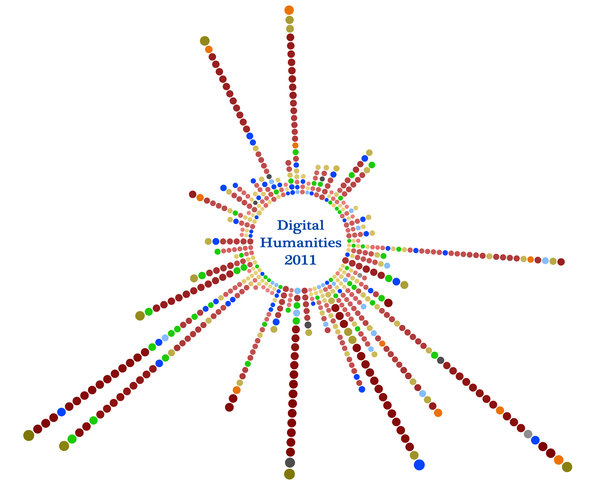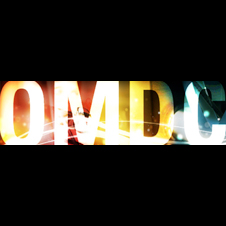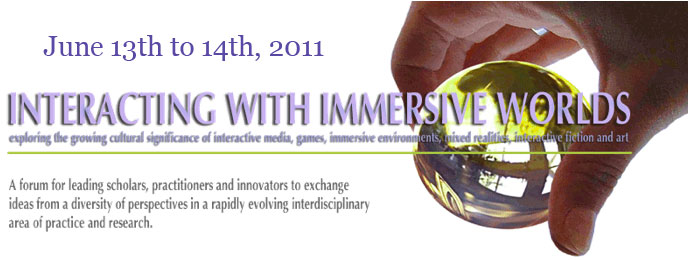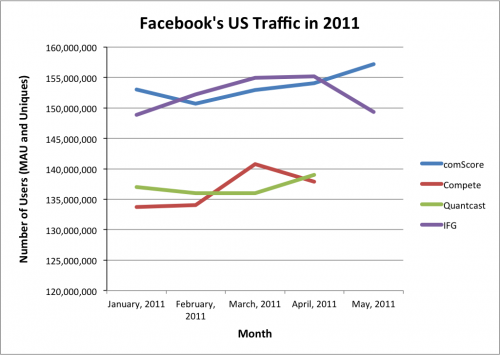Game Studies, an online journal about computer games has just published the dialogue I wrote and performed with Kevin Kee, see The Leisure of Serious Games: A Dialogue. The dialogue started as a scripted performance for Immersive Worlds in 2009 and we then edited it into something to be submitted. The journal found it hard to review as it isn’t really an article, but then dialogue has always been at the edge of things.
Digital Humanities Abstracts
The folk at Illinois have put together a database of conference abstracts from past years of what is now called the Digital Humanities conference. See Digital Humanities Abstracts: Search Form. At the moment they only have 5 years of abstracts (1998 to 2005), but more will be added.
Digital Humanities 2011: Big Tent Digital Humanities
I’m at Digital Humanities 2011: Big Tent Digital Humanities at Stanford University. I was involved in two workshops before the conference on Visualization for Literary History and Text Analysis with Voyeur. (You can see the script to the Voyeur one at DH2011 Voyeur Tools.) I’m also involved in a paper on “Computing in Canada: A History of the Incunabular Years” presented by Victoria Smith and a panel on The Interface to the Collection organized by the INKE Interface Design team. One gratifying thing to see is the visibility of the University of Alberta in the DH 2011 Visualizations set up by the conference organizers. If you zoom in to the different visualizations you will see the number of participants from U of A.
Academic Amazon Machine Images (AMIs)
 From Twitter I learned about James Smithies
From Twitter I learned about James Smithies
Academic Amazon Machine Images (AMIs). These are images for setting up cloud services on Amazon. The two that he now provides are for Omeka and Open Journal Systems. They are not for the technically challenged, but they could be a way for a digital humanities center/project to be set up in the cloud for those who don’t have good university server support. The day may come when you don’t need university infrastructure, but can set up your own. For that matter, this blog is on my private site which gives me a bunch of tools (like WordPress and a wiki) for about $7 a month.
Humanities (dot) Net
As part of the CHCI annual conference at the Toronto Jackman Humanities Institute they scheduled a special day with centerNet titled “Humanities (dot) Net”. The program is on 2011 Annual Meeting « Consortium of Humanities Centers and Institutes (scroll down). The event is a bringing together of these two associations of centres connected to the humanities, one digital and one “traditional.” Of course there is nothing traditional to the CHCI centers. Some of the things that link us include:
- Interdisciplinarity. Of course, interdisciplinarity happens at all levels and in all sorts of organizations, including departments, but generally it is centers/institutes that develop structures for encouraging interdisciplinarity.
- Collaboration. Both types of centres structure forms of collaboration. I think the CHCI centres tend to be more conservative, often also supporting “lone” scholars, but we both try to imagine ways of bringing the right people together for research and learning.
- Legitimization and Leadership. Both types of centres can serve to legitimize activities that are not always recognized. They lead by recognizing new interdisciplinary configurations through fellowships, project support, workshops and so on.
- Experimenting with Futures. Both types of centers can be sites of experimentation with new types of courses, new collaborations, and new research practices. Experiments emerge out of reflection which is why these centers are a site for thinking through where the humanities are going.
Humanities (dot) net as an event brings together leaders in both types of centres to learn about each other and to reflect together on the agenda of the humanities.
Ontario Augmented Reality Network (Lies Here)
At the Immersive Worlds conference they have a half-day dedicated to the Ontario Augmented Reality Network. This network is based in Toronto, Niagara and London (Ontario.) They have academic partners, commercial partners and government.
Robert MacDougall from Western gave the first talk about augmented reality games. He argued that history is the original transmedia narrative. You have books, movies, statues, plaques and so on. The historical plaque or statue is an old fashioned form of augmented reality annotation. They “superimpose information on reality” the way QR tags can.
Tecumseh Lies Here (PDF) is an augmented reality game that plays with history that MacDougall is developing. The game will be run this summer (which is why parts of the article linked are blacked out.) Lies here is a game for the conference launched from QR tags that show different versions of plaques that tell different versions of local history.
Now I have to get up an play.
Dyson and the International Center for the History of Electronic Games
 At Interacting with Immersive Worlds J. P. Dyson gave a great talk about “Immersion In and Out of Virtual Worlds.” He is the Director of the International Center for the History of Electronic Games (ICHEG) in Rochester which is associated with the Natioal Museum of Play and the National Toy Hall of Fame.
At Interacting with Immersive Worlds J. P. Dyson gave a great talk about “Immersion In and Out of Virtual Worlds.” He is the Director of the International Center for the History of Electronic Games (ICHEG) in Rochester which is associated with the Natioal Museum of Play and the National Toy Hall of Fame.
He mentioned how some of the toys inducted into the Hall of Fame include the Cardboard Box and Stick.
The ICHEG has some 27,000+ artifacts including video games, game system hardware, arcade games (in cabinets) and papers from people like Ralph H. Baer and Will Wright’s. They have an interesting interpretative framework online titled, Concentric Circles: A Lens for Exploring the History of Electronic Games (see bottom of page for link to PDF).
Dyson’s talk traced a history from toy soldiers (H. G. Wells and “Floor Play”) to Dungeons and Dragons to text adventure games. He talked about Romanticism and changes is our ideas about childhood and play. He talked about the new (for Victorians) places for play like the nurseries and gardents, the availability of toys, and the leisure time for play or other foms of immersion (like reading novels.) I’m convinced we need to pay a lot more time to the history of toys and children’s play in order to understand computer games.
Interacting with Immersive Worlds Conference
I’m at the Interacting with Immersive Worlds Conference at Brock University. I gave a paper on Computer Games and Canada’s Digital Economy. The paper is based on work we did with a SSHRC Knowledge Synthesis Grant on the subject (See the PDF of full report). Sean Gouglas led the team. I helped with the interviews of professionals in 3 cities (Vancouver, Toronto, and Montreal.) Two research assistants, Shannon Lucky and Joyce Yu did a careful content analysis of the interviews which was the focus of the Brock paper. The full report includes other sections on independent game development, serious games, and a survey of programmes across Canada.
Inside Facebook: Available Data Shows Facebook User Numbers Growing Quickly, or Slowly, or Falling
According to Inside Facebook available data shows Facebook user numbers possibly flattening in early-adopter countries like the Canada, UK and the US. This article follows on an article Facebook Sees Big Traffic Drops in US and Canada as It Nears 700 Million Users Worldwide that got a fair amount of press attention. What is going on? In the article about available data they say,
there do appear to be some overriding trends here. Canada, the United Kingdom and a few other early adopting countries have alternately shown gains and losses starting in 2010. Up until then, growth had generally been much steadier.
I doubt this means that Facebook is about disappear. It is still growing world wide. They may just be hitting a saturation point – something you would expect. We might ask if or how Facebook will change once its user base is not expanding. Are they dependent on a perception of growth and will they suffer once Facebook is no longer the hot growing thing? Will users migrate their social networking to the next big thing?
I would add a general reflection which is that there are now more social media sites than I can keep up with. There isn’t enough time to blog, Facebook, Twitter, Flickr and so on. We now have choose that social media that suit our changing lives and where our friends are. My academic friends have migrated to Twitter (while I’m still stuck blogging.) Facebook is what my mother likes. The trick is to not feel one has to keep up with it all.





